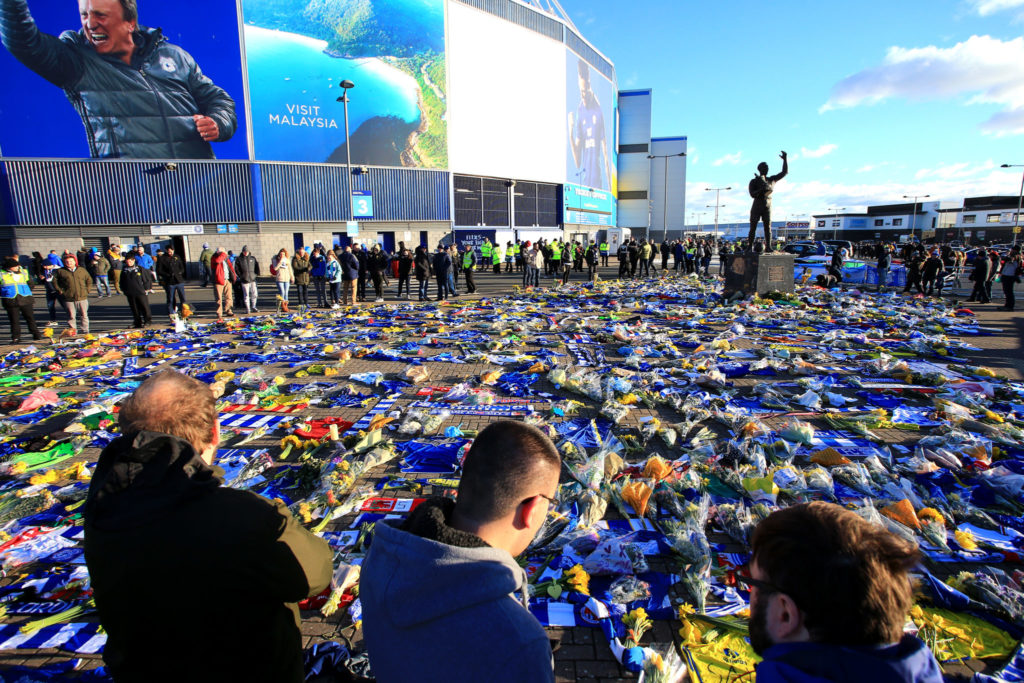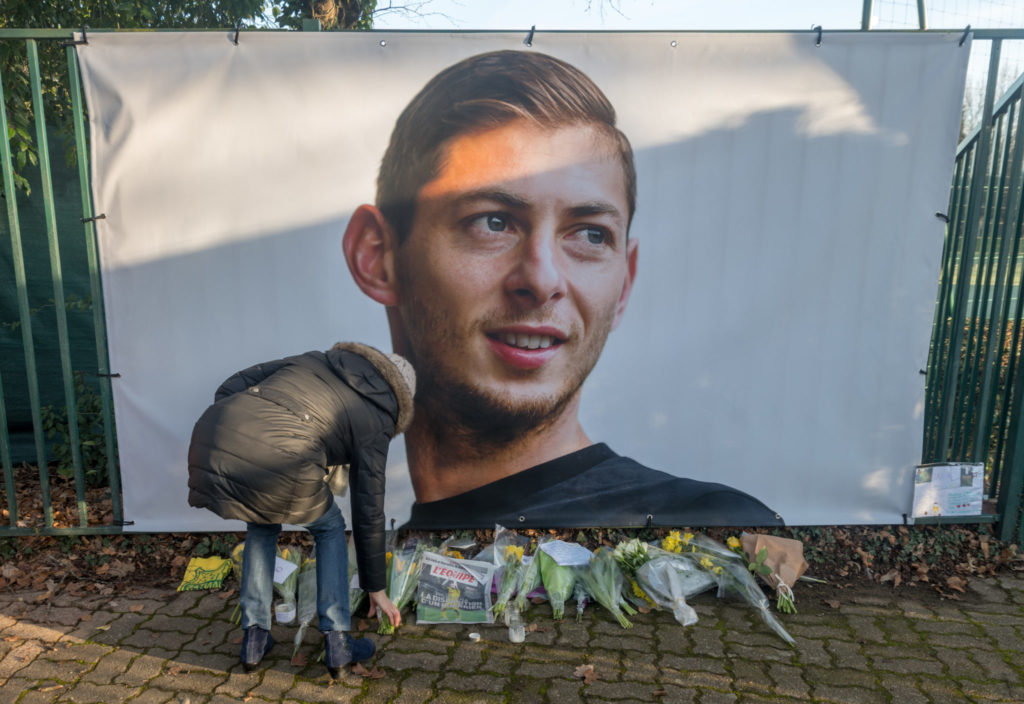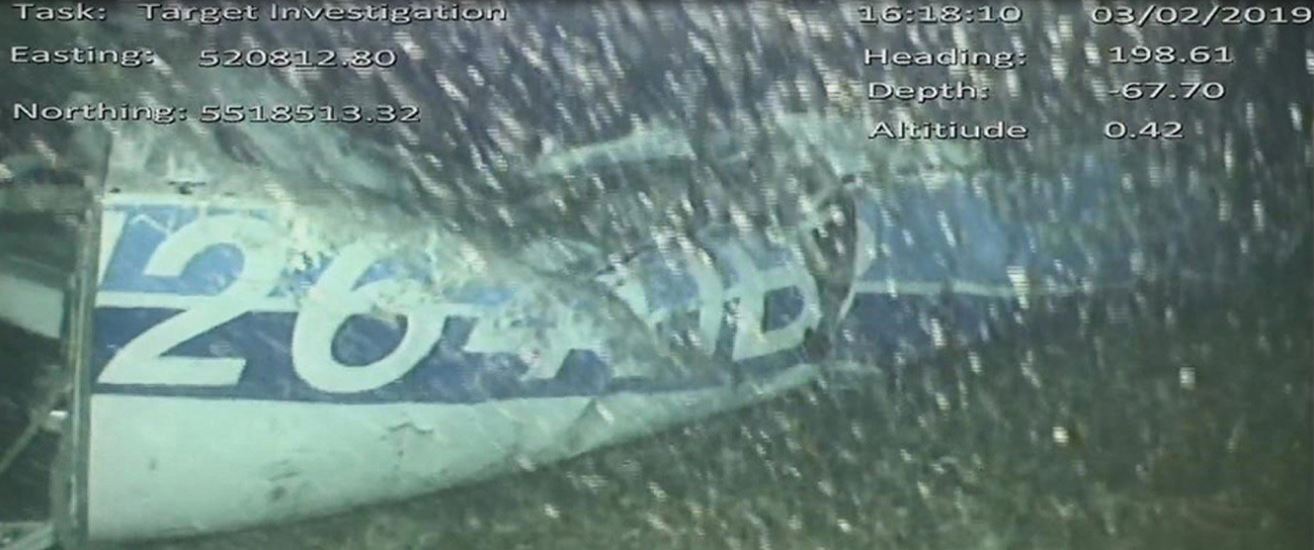Footballer Emiliano Sala and his pilot were exposed to high levels of carbon monoxide before their plane crashed in January.
Air accident investigators in the UK have released their second report into the crash this afternoon.
The plane went down in the English channel on January 21st as Sala was making his way to Wales after completing his club record transfer to Cardiff City from FC Nantes.
Toxicology tests on Sala's remain found a 58% saturation level of carboxyhaemoglobin - a mixture of carbon monoxide and haemoglobin.
Investigators said anything over 50% is considered "potentially fatal" and could trigger a heart attack, seizure or unconsciousness.
 Flowers and scarves placed outside Cardiff City Stadium in tribute to Emiliano Sala, 16-02-2019. image: Mario De Fina/dpa
Flowers and scarves placed outside Cardiff City Stadium in tribute to Emiliano Sala, 16-02-2019. image: Mario De Fina/dpaCrash
Sala signed for Cardiff on January 18th and was flown back to Nantes the following day by 59-year-old pilot David Ibbotson. Their plane crashed on the return journey to Cardiff two days later.
Mr Ibbotson's body was never found.
Geraint Herbert, Principal Inspector of Air Accidents at the UK Air Accident Investigations Branch (AAIB) said the toxicology tests show Sala was suffering from carbon monoxide in his blood and "the pilot is likely to have been suffering from exposure to carbon monoxide as well before the accident."
"Carbon monoxide is an odourless and colourless gas," he said.
"Symptoms at low exposure levels can be drowsiness and dizziness but as the exposure levels increase, it can lead to unconsciousness and death.
 People place flowers in front of the entrance of the FC Nantes football three days after the disappearance of Emiliano Sala, 24-01-2019. Image: Estelle Ruiz/NurPhoto/Sipa USA
People place flowers in front of the entrance of the FC Nantes football three days after the disappearance of Emiliano Sala, 24-01-2019. Image: Estelle Ruiz/NurPhoto/Sipa USA"Inexpensive carbon monoxide detectors are widely available and can be fitted to aircraft to warn pilots of the presence of carbon monoxide," said Mr Herbert.
He said the investigation will continue to look into a wide range of areas in connection with the crash but it will particularly focus on "how carbon monoxide can enter the cabin in this type of aircraft."
 The wreckage of the plane that was carrying footballer Emiliano Sala. Image: UK AAIB
The wreckage of the plane that was carrying footballer Emiliano Sala. Image: UK AAIBSala Family
Following the report, Sala's family called for the plane's wreckage to be salvaged from the water.
In a statement through a lawyer, they said: "That dangerously high levels of carbon monoxide have been found in Emiliano's body raises many questions for the family.
"How he died will be determined at the inquest in due course.
"The family believe that a detailed technical examination of the plane is necessary.
"The family and the public need to know how the carbon monoxide was able to enter the cabin. Future air safety rests on knowing as much as possible on this issue."
The family said the wreckage must be salvaged "without further delay."








